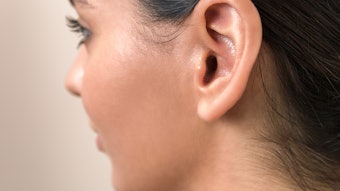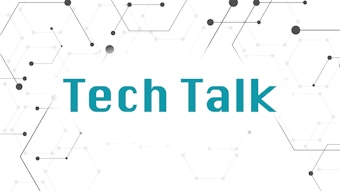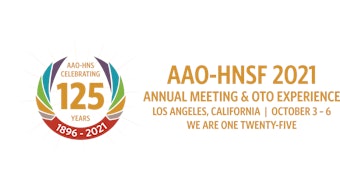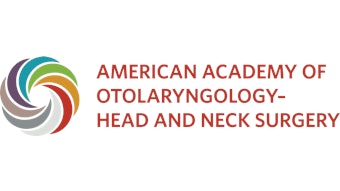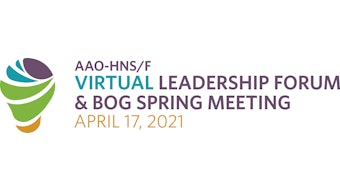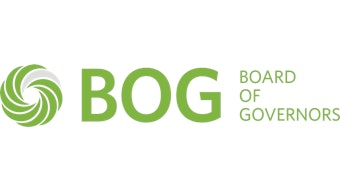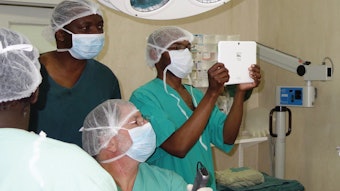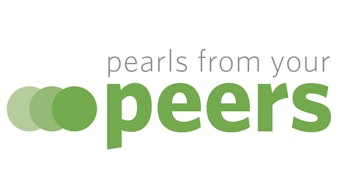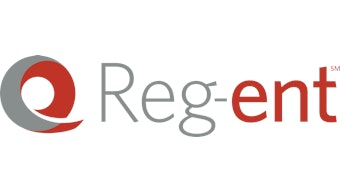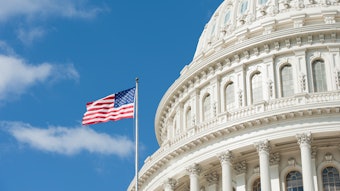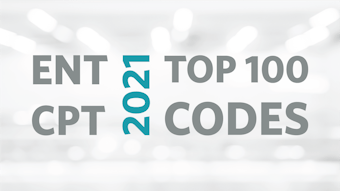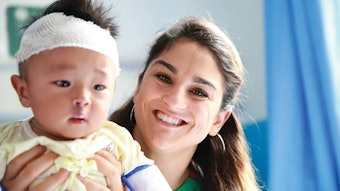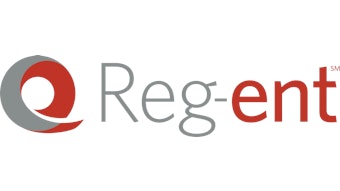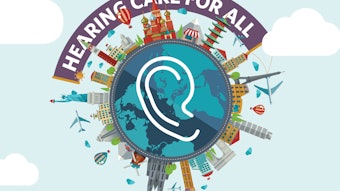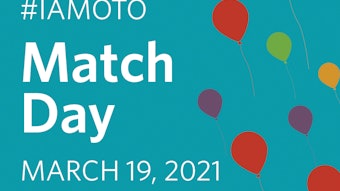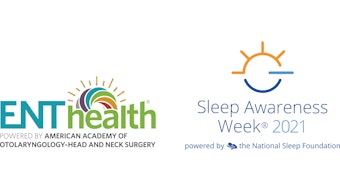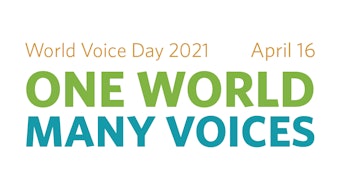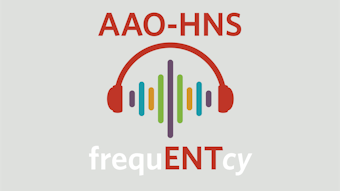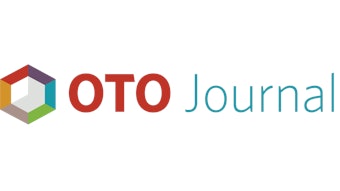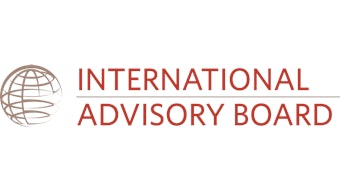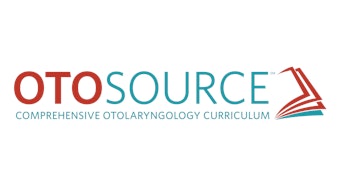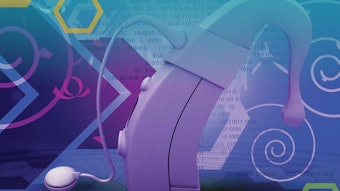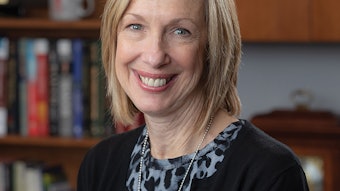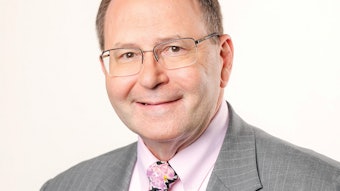Out of Committee: Patient Safety and Quality Improvement | Fostering Wellness through Intentionality and Community
During this pandemic, the stress fractures in our lives, which occasionally caused pain but were often ignored, might now have broken, leaving us to try to pick up the pieces.
Sarah N. Bowe, MD, MEd, and Matthew M. Smith, MD
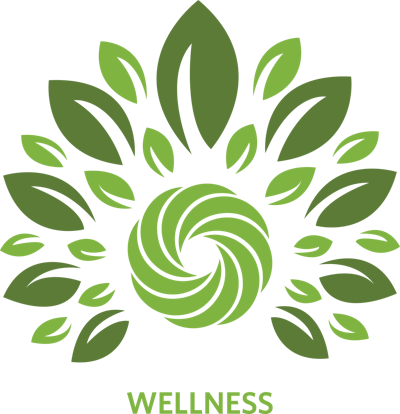
Be Intentional
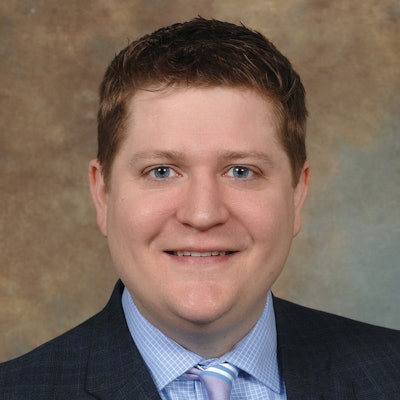 Matthew M. Smith, MD
Matthew M. Smith, MD
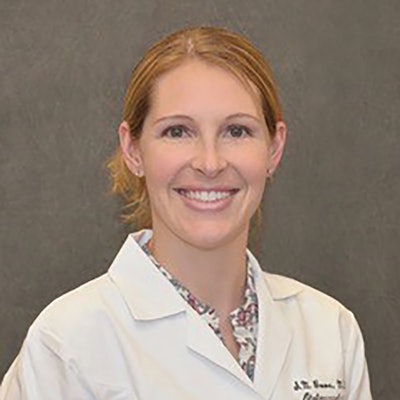 Sarah N. Bowe, MD, MEd
Sarah N. Bowe, MD, MEd
Invest in Community
Matt: One of the hardest parts about this pandemic is the social distancing and not being able to see friends and family in the usual way. On the other hand, there have also been opportunities to engage or appreciate things differently. For instance, my wife and I have made intentional choices to prioritize weekly meetings with our closest friends. These three other couples were—and continue to be—an outlet to express joy and frustration, or we just play games virtually during these unprecedented times. In the past with our “normal” busy schedules, we would only see these friends together in a group about once a month. Now after the kids go to bed each Friday night, it’s parent check-in time.
Sarah: Previously, there have been times when we could experience a “fear of missing out (aka FOMO)” on events, but now there is actually less happening. This provides a great opportunity to embrace the “joy of missing out (aka JOMO).” By flipping the perspective, the lack of other commitments can be a welcome change of pace. For example, I have enjoyed Friday Family Fun nights, which is generally code for pajamas, movies, popcorn, and cuddling. Thus, by being intentional with our time and flexible to our surrounding atmosphere, we have both cultivated deeper relationships with friends and family.
Professionally, another key point noted by Dr. Bradford was that “[w]e all need each other to get through these challenging times.” At both of our institutions, we have been able to participate in a program that supports physicians and other healthcare workers during hard times. Peer-to-peer support, a program popularized by Jo A. Shapiro, MD, at the Brigham and Women’s Center for Professionalism and Peer Support, was introduced with the goal of reaching out to physicians who have had a difficult clinical or personal situation and providing an opportunity for them to talk openly about the event.
Matt: I found this program immensely beneficial during a time when one of my patients suffered a fatal cardiac complication. We especially need to invest in programs like this at a time when many physicians feel alone and isolated without the usual shoulder to lean on. By investing in other physicians around us, this reinforces the concept of community and allows us to feel supported in the job we perform.
Final Thoughts
It is critical for us as physicians to carry forward those changes in our lives or practices that have had a positive impact during the pandemic. In our opinion, the most important is taking care of ourselves. This is not selfish, but necessary in order to provide excellent care to our patients. Be an active participant in your health and wellness. Be intentional with your time and block your schedule for 15 minutes to start or participate in a form of mindfulness or meditation. Invest in friends, family, and other physicians around you and foster a community that lifts each other up. A curated set of resources that delve deeper into each of these topics is included below. Take care and be well!
Resources
Articles
1. Achor S and Gielan M. Resilience is about how you recharge, not how you endure. Harv Bus Rev. 2016. https://hbr.org/2016/06/resilience-is-about-how-you-recharge-not-how-you-endure
2. Bradford CR. Put your oxygen mask on before helping others: the importance of wellness. AAO-HNSF Bull. 2020/2021;39:3. https://bulletin.entnet.org/article/put-your-oxygen-mask-on-before-helping-others-the-importance-of-wellness/
3. Shapiro J and Galowitz P. Peer support for clinicians: a programmatic approach. Acad Med. 2016;91:1200-1204. https://journals.lww.com/academicmedicine/Fulltext/2016/09000/Peer_Support_for_Clinicians__A_Programmatic.14.aspx
AAO-HNSF Annual Meeting Webcasts 2019
1. Mind-Body Medicine: Tools to Reduce Stress and Foster Resilience and Well-Being Part I and II. http://academyu.entnet.org/diweb/catalog/item?id=4656071
2. From Burnout to Wellness: A Description of Burnout and How to Maintain Wellness. http://academyu.entnet.org/diweb/catalog/item?id=4655365
AAO-HNSF Annual Meeting Webcasts 2020
1. Individual and Organizational Solutions to Increase Physician Wellbeing. http://academyu.entnet.org/diweb/catalog/item?id=6162982
2. Wellbeing: It's Time for a 360° Approach. http://academyu.entnet.org/diweb/catalog/item?id=6161056
